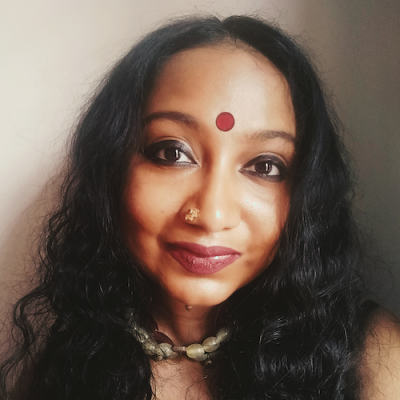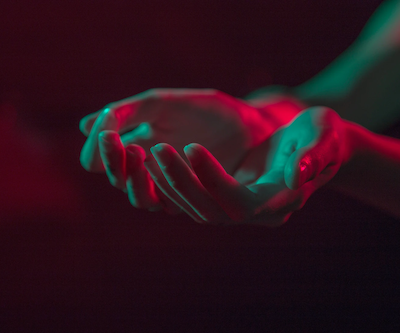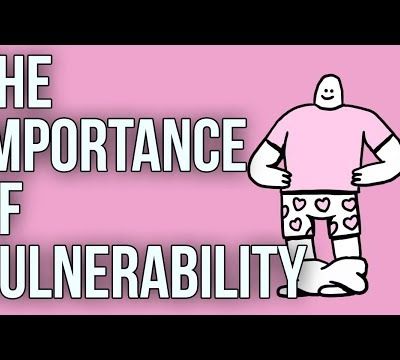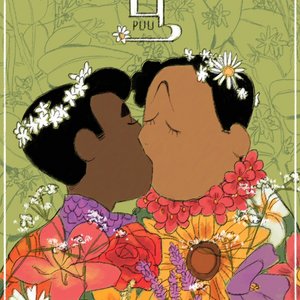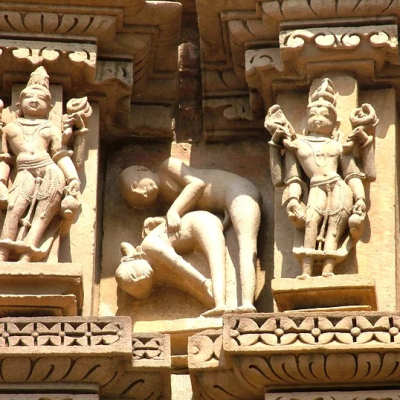spirituality
By the end of the evening, the room was suffused with the celebration of singlehood, rather than any explanation or apology for it. It appeared that the solitary life was envied and extolled by those who have opted out of it as well as many who haven’t.
If you are true to yourself, and attuned to your emotions and needs, you’ll invariably find that even a core belief (such as: not believing in the institution of marriage) is complicated by what the lived experience of that means (not only discriminatory experiences, but also intimate ones).
What I am proposing here is to look at being in a relationship and being single together because what is important here is the idea of ‘be-ing’ as opposed to the stereotypes and perceptions attached to our relationship with ‘the One’ or to singlehood.
Growing up, for me, has been about accepting that the loneliness and sadness woven into the fabric of my being do not go away with entering conventional arrangements like monogamous relationships or marriage.
For a queer person, or for someone who remains single by choice, everyday existence requires strength and will. That is the embodiment of kun faya kun as a personal philosophy: to manifest the person you want to be through sheer will.
I believe that queer friendships and intimacies are sheer resistance, which not only swallow the despair and pain that might be perpetrated on gender-nonconforming people by their families, but also recognise all the lies about love that have been sold to us.
I am 27 now and marriage is the most brought-up topic of conversation by my parents and relatives. Now, choosing or wanting to stay single is inversely proportional to my reputation, respect, and worthiness.
Happy New Year! As 2021 begins and we are filled with a sense of hope and desire for better times, we resolve to find ways of sustaining ourselves while caring for others. And so, in this anthology issue we republish articles about wellbeing.
Sexuality and self-care are related at many levels, right from the level of knowing what you want and what you don’t, how you feel about yourself, how you are able to communicate your desires and how you are able to enjoy your experiences.
Puu, an episodic comic (consisting of 92 serialised episodes) created in 2016 by Nabigal-Nayagam Haider Ali – going by Nabi online – is woven together with vast, expansive threads of similar intense spiritual moments and reflections on devotion, faith, and love.
In a way, the expression of vulnerability can be a foundation of trust and mutual support in a relationship, often leading to a sharing of burdens and the building of a deepened connection and solidarity.
However elusive the combination of safety and adventure, it’s a framework I find terribly useful. It helps me understand much of life, including spirituality and sexuality, and what the two might have in common.
Spirituality doesn’t have to be esoteric, as in belonging or being accessible only to a few. It is very much a part of our lives, just as sexuality is.
Puu, an episodic comic (consisting of 92 serialised episodes) created in 2016 by Nabigal-Nayagam Haider Ali – going by Nabi online – is woven together with vast, expansive threads of similar intense spiritual moments and reflections on devotion, faith, and love.
We need to claim our spirituality differently and imaginatively. There are many paths to god. For some it might be religion, or science, or sex, or love, or meditation, or art.


